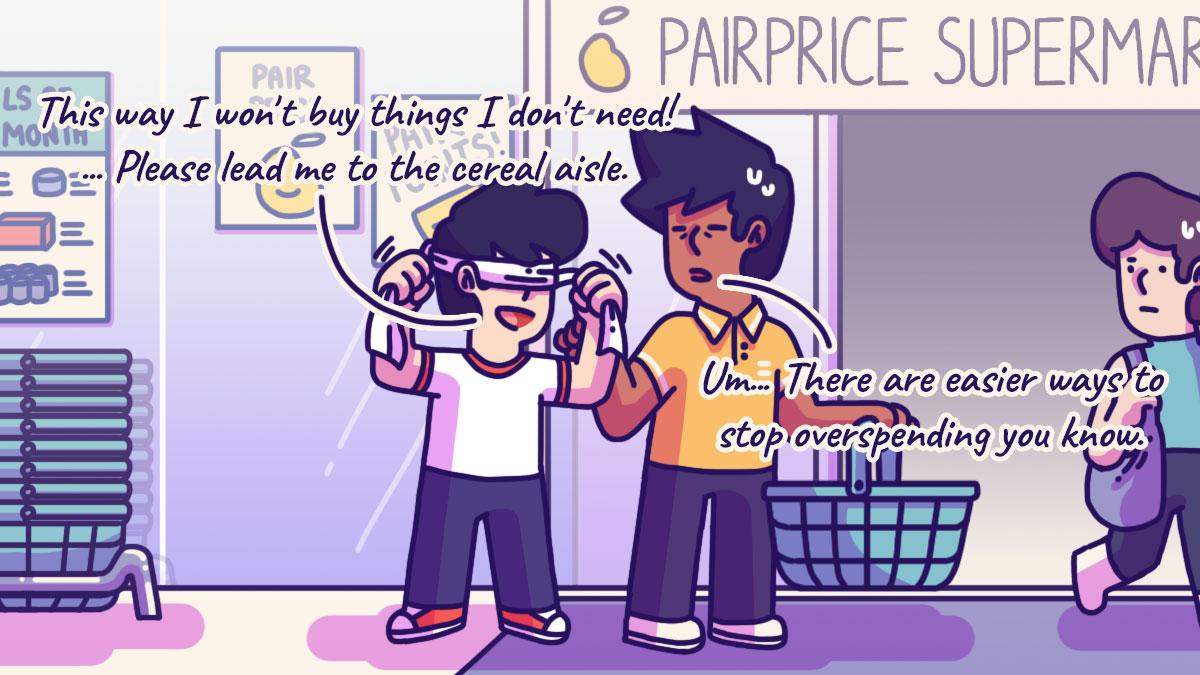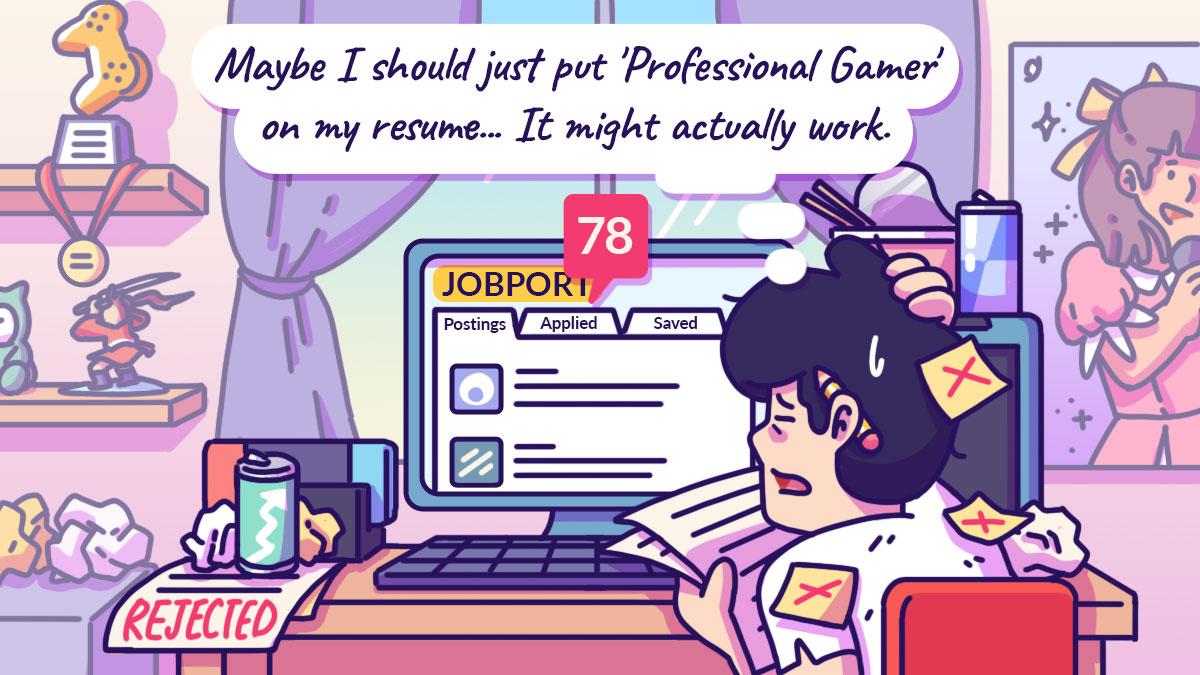The gig economy, consisting of freelance work and short-term contracts, is still going strong. In fact, part-time job provider platform FastGig recorded a 20% increase in gig work between 2023 and 2024 in Singapore. In the Philippines, the Labour Force Survey (2021) reported that 20% of the estimated 44,385,971 employed individuals were gig workers.
It seems like everyone is pursuing, or wants to pursue, gig work. But the question is: can you actually make a career out of it?
Is a gig career sustainable?
The short answer is “Yes”, but it comes with its challenges.
Gig jobs rose in popularity during the Covid-19 pandemic, which led to over 114 million people facing reduced hours or unprecedented employment loss. As lockdowns took effect, many turned to freelancing and remote jobs to maintain their income streams.
Although it began as an alternative for economic downturns such as the pandemic, the emergence of gig workers in Southeast Asian countries has proven that this trend is here to stay. One of its biggest appeals is the flexibility it offers, which is something you rarely find in traditional formal jobs.
However, much like starting a business, gig work can feel slow and exhausting. Freelancing roles such as writing, online tutoring, and photography require a steady stream of clients to maintain a sufficient income, but many gigs only offer short-term contracts.
It is a true test of your entrepreneurial skills, as you are your own marketer, admin, and accountant. With so many responsibilities to juggle, there is also a risk of burnout if you don’t manage your time properly.
Furthermore, you would need to possess multiple skills to sustain a gig career. “Gig-stacking” is a strategy many beginners use, where they juggle several part-time roles like driving, petsitting, and transcribing to earn a full-time income.
Moreover, gig workers often miss out on traditional employment benefits like health insurance or paid leave. A survey by job matching platform Jod found that 80% of 1,000 respondents were discouraged by the lack of traditional employee benefits and wished for the same protections as full-time workers.
But don’t let these challenges discourage you! There are plenty of success stories that show it’s possible to overcome them, and your gig career might be more promising than you think.
How to fulfil your freelancing dream
1. Identify what you can sell
You can start by taking stock of your skills, interests and experiences to identify what value you can offer future clients. It could be writing, designing, consulting, or even event planning. Look at what people are already buying in your area of interest and explore how your unique expertise can fill a gap in the market.
Once you have found your niche, treat it like a business! That means practicing self-discipline, honing your skills, and building your reputation on platforms like LinkedIn. At the end of the day, adaptability and a growth mindset are what will turn a gig into a lasting, fulfilling career.
2. Stay persistent and hardworking
This advice comes from a real-life testimony. Paul Minors, a full-time marketer turned independent entrepreneur, revealed that building a successful side hustle can take a while. He began his side hustle by creating online courses about productivity and self-improvement in 2014, but many of them flopped. He only had a breakthrough when he released his fourth product, “Personal Productivity Toolkit” in 2015.
As you can see, any career has its ups and downs, but you just have to keep going.
“What I’ve learned is that regardless of what you do, you can create the success you’re after by working hard enough and persisting through these tough times.”
- Paul Minors
3. Develop your network
For gig work to succeed, you need a strong network. Building connections can lead to new opportunities and client referrals, so don’t hesitate to reach out to your peers.
You can grow your network by leveraging social media platforms, joining online forums, and participating in upskilling courses. Remember, a strong network not only increases the visibility of your work but also connects you with potential clients.
4. Plan for Financial Stability
One of the main concerns with gig work is unstable income, so it's important to prepare financial “buffers” for slower months. Set aside savings during your high-income periods to cover times when you won’t be earning as much. Additionally, consider investing in multiple revenue streams so you are not only relying on just one source of income.
With proactive financial management, you’ll be in a better position to build a sustainable and resilient gig career.











